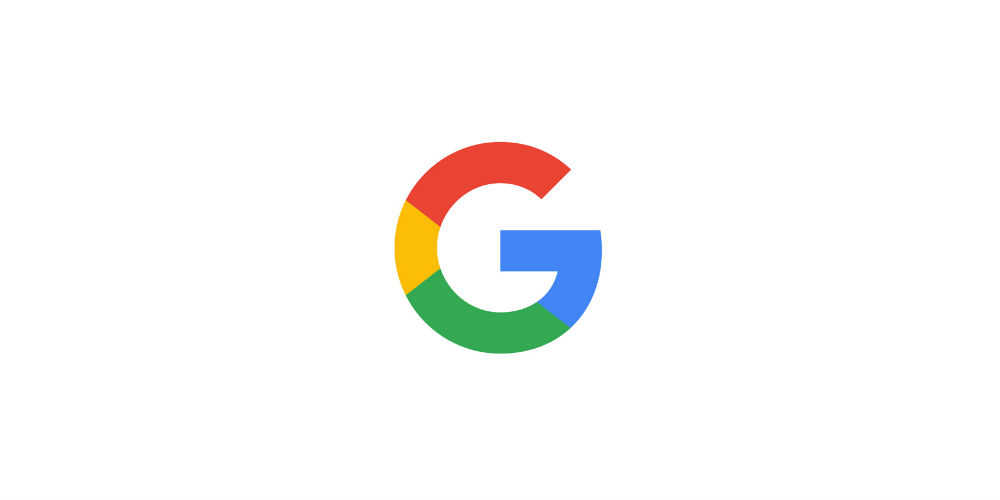Google Maps recently announced that in 2019, it was able to map as many buildings as it did in the previous decade, The Next Web reports. The announcement was made upon the program’s 15th birthday.
Google Maps staff were able to accomplish this milestone by working with Google’s data operations team to manually trace common building outlines, and then trained machine learning tech to detect the edges and shapes of buildings.
The speed and efficiency of the technology is used in over 200 countries; the information pulled has been surfaced in over 200 million places, and has benefitted numerous communities. “In Lagos, Nigeria alone, machine learning has helped us add 20,000 street names, 50,000 addresses, and 100,000 new businesses — lighting up the map with local places and businesses where there once was little detailed information,” Jen Fitzpatrick, senior vice president at Google Maps, said in a blog post.
Google Maps has also added new features, including new tabs that can help users bookmark the places they’ve been, share tips with others, and update other users on “must-see spots,” The Next Web says.
A Reason to Celebrate, or Worry?
While some are excited about Google Maps’ anniversary and updates, The Next Web raises a couple of red flags for users. To start, The Next Web says the program has been unreliable in the past. For example, one artist was able to trick Google Maps’ system into reporting a fake traffic jam by pulling 99 phones with their locations services. Providing false information can increase concern among users, and further fuel the “fake news” fire. If a solution isn’t trustworthy, why should users use it?
Additionally, there is concern around Google Maps’ history of being used for “more unscrupulous ends.” The Next Web points to 2014, when the National Security Agency and the United Kingdom’s Government Communications Headquarters had intercepted queries made on Google Maps to collect location data after Edward Snowden leaked documents. Because of incidents like these, Google Maps may increase local and international fear that “big brother” is always watching, and that their sense of privacy is diminishing.
However, if Google Maps is operated in the ways above described by Fitzpatrick, the more the solution will be trusted, and ultimately, used.
If you enjoyed this article and want to receive more valuable industry content like this, click here to sign up for our digital newsletters!










Leave a Reply